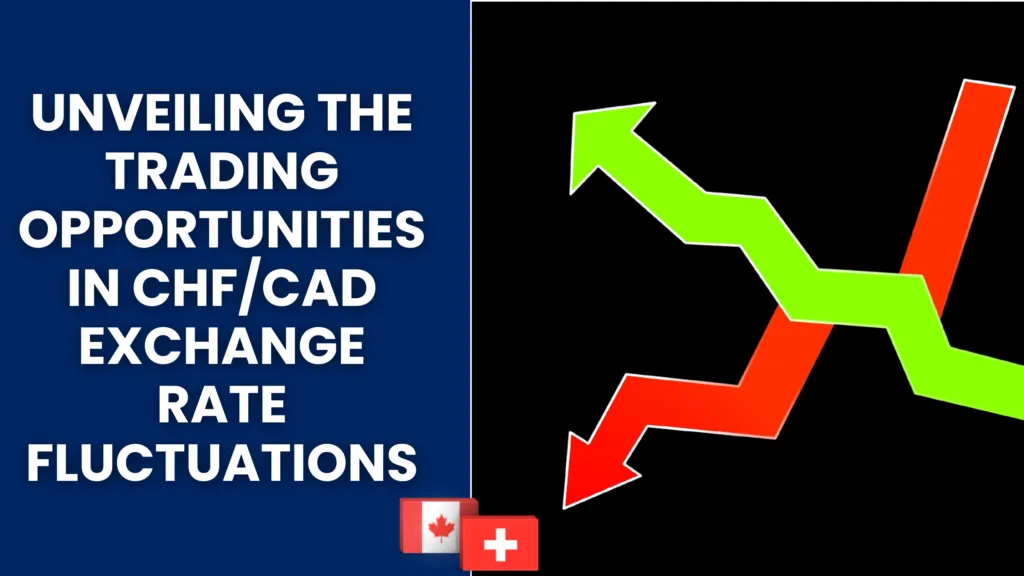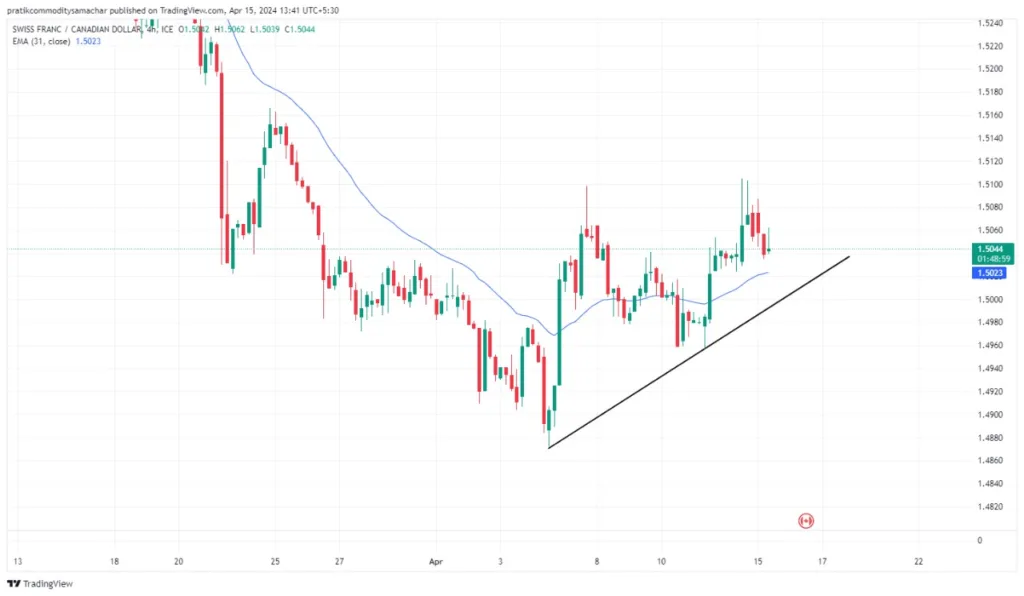
The CHF/CAD exchange rate reflects the value of the Swiss Franc in Canadian Dollars. This exchange rate is influenced by various factors due to the distinct economic characteristics of Switzerland and Canada. The Swiss Franc is often considered a safe-haven currency, supported by Switzerland’s stable economy and reputation as a private banking hub. Conversely, the Canadian Dollar is frequently viewed as a commodity currency, largely due to Canada’s substantial natural resource exports, particularly oil.
Factors Influencing the CHF/CAD Exchange Rate
Monetary Policies: The monetary policies of the Swiss National Bank (SNB) and the Reserve Bank of Australia (RBA) are key determinants. The SNB targets interest rates to achieve currency stability, while the RBA aims for a target of 2-3% inflation. These policies impact the exchange rate by influencing interest differentials and currency stability.
Economic Events: Indicators such as GDP, employment change, industrial production, and consumer price index can significantly impact the exchange rate. Positive economic data can increase demand for the related currency, leading to fluctuations in the CAD/CHF exchange rate.
Political Announcements and Natural Disasters: Geopolitical instability or unrest in either country can cause turbulence in their respective currencies’ values. Political announcements and natural disasters can also lead to severe variations in the exchange rate.
Consumer Price Index (CPI) data plays a crucial role in influencing the CHF/CAD exchange rate. When the CPI indicates inflation, the value of a currency decreases as more units are needed to purchase goods, impacting foreign exchange rates. Higher inflation can weaken a currency’s purchasing power, making it less desirable against other currencies. Central banks, like the Swiss National Bank and the Bank of Canada, monitor CPI trends to adjust monetary policies. If inflation rises, central banks may raise interest rates to control inflation, leading to increased demand for a currency and a higher exchange rate. Understanding CPI data is vital for traders as it can impact currency pairs like CHF/CAD significantly
Technical Outlook: CHF/CAD

CHFCAD is trading with daily decline. If we look at the chart of 4 Hours, it is trading in its uptrend. CHFCAD has bounced off the resistance at 1.5105 and is now going to retest its support at 1.4980. If 1.4980 breaks then we may see a huge fall. Below 1.4980, targets of 1.4900-1.4840 can be seen. But if 1.4980 is not broken then once again a surge may be seen from the support level.
Fluctuations and Trading Opportunities
The CAD/CHF exchange rate is expected to fluctuate depending on factors such as economic growth, inflation rates, and political stability in both Canada and Switzerland. Traders can take advantage of these fluctuations by engaging in trading this currency pair, which not only provides diversification benefits but also provides the opportunity to capitalize on changes in the global economy.
Happy Trading!
Commodity Samachar
Learn and Trade with Ease
Also Read:The US dollar rose above 1.5%, will it continue to strengthen?
Recommended Read:The Commodity Market — Why is it advantageous to traders?
Want help on your trades?
Chat with an analyst